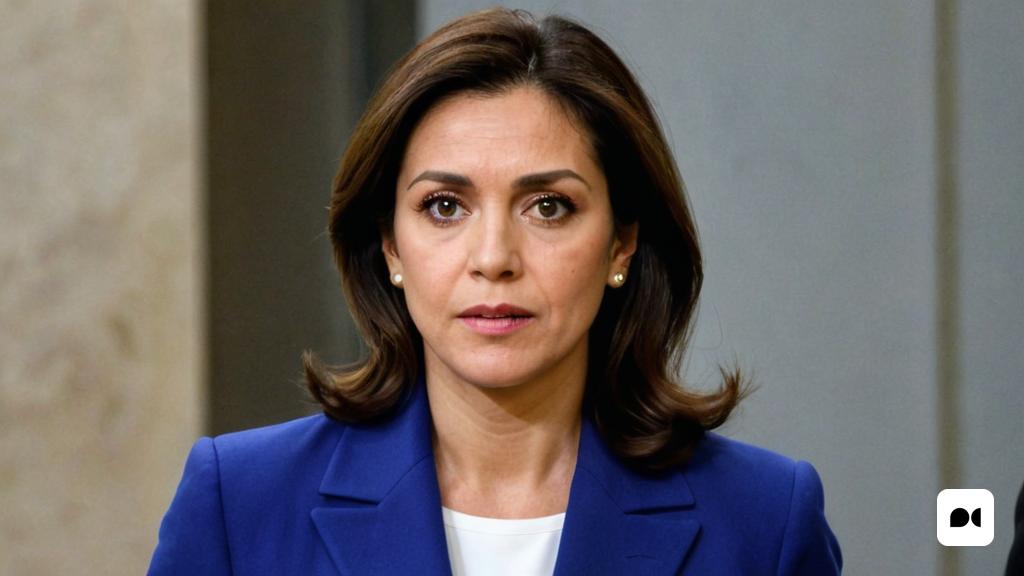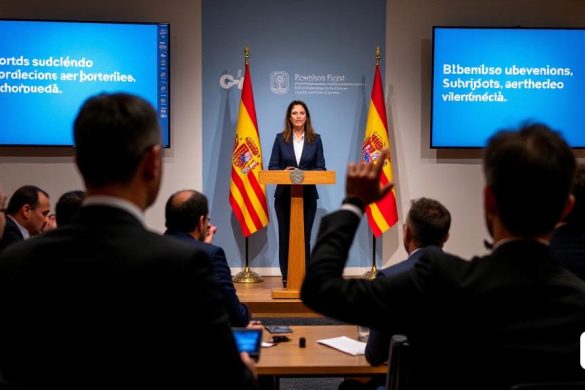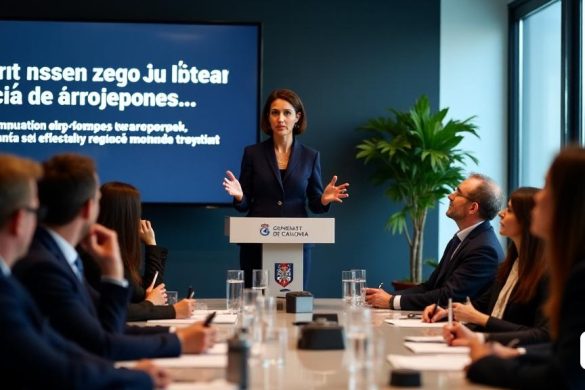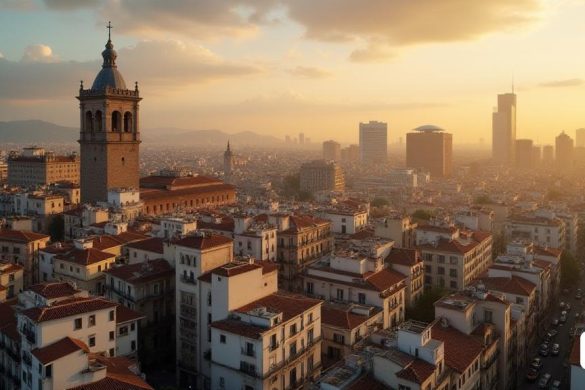The judge threatens to arrest Begoña Gómez
Finally, Begoña Gómez will not have to attend court on July 15 to hear the statement of Juan Carlos Barrabés, the main witness in the case for which she is being investigated. This Tuesday, Judge Juan Carlos Peinado had threatened Gómez that he would order her arrest if next Monday she did not attend the Investigative Court Number 41 in Madrid. She had warned him that she is “obliged” to attend. It was expected that the witness in question would not appear at the court in Madrid’s Plaza de Castilla, and would testify by videoconference because he was admitted to the hospital due to a serious illness. Finally, Barrabés has been discharged from the hospital and, therefore, the presence of Pedro Sánchez’s wife will not be necessary.
The judge’s argument for demanding the presence of Begoña Gómez
Juan Carlos Peinado had demanded that Begoña Gómez justify her absence if she did not appear at court on Monday to continue the interrogation of Juan Carlos Barrabés. The judge argues that the presence of the wife of the President of the Government was ordered because Barrabés’ witness statement will be used as pre-constituted evidence in a possible trial for reasons of the businessman’s health; That is to say, that Monday’s statement, although it will be made in the investigation phase, can be used as evidence in the event that a trial is held. Now, article 449 of the Criminal Procedure Law states that ‘the absence of the investigated person duly summoned will not prevent the taking of pre-constituted evidence, although his legal defense, in any case, will have to be present.’ That is to say, this article opens the door to only having the presence of Begoña Gómez’s lawyer, but the judge had not considered it that way.
Begoña Gómez requests the file of the case
Begoña Gómez, for her part, has asked the Provincial Court of Madrid to close the case for alleged influence peddling and corruption in business. His lawyer, Antonio Camacho, has filed an appeal in which he alleges that ‘there is no element that would allow this universal investigation to be opened.’ The judge pointed out in an interlocutory statement that ‘the facts under investigation are all the acts, conduct and behaviors that have been carried out by the person under investigation since her husband is the President of the Government of Spain and that are contained in the initial complaint’ . Gómez’s lawyer accuses Peinado of carrying out a ‘prospective investigation’.
Begoña Gómez’s statement suspended
Last Friday, Judge Peinado decided to suspend Begoña Gómez’s statement as under investigation and summon her again to the Investigative Court Number 41 of Madrid on July 19. The wife of the President of the Government appeared in court to declare herself under investigation for influence peddling and corruption in her business, but she did not end up doing so because she argued that she did not know the reason for which she was being investigated. . Gómez’s defense argued a formal defect: that the judge had notified him of the Manos Cleans accusation, but not of Hazte Oír. The judge then provided him with all her documentation, but concluded that another summons had to be scheduled.
‘My client had no doubt that she wanted to collaborate with justice, and was willing to testify; but any person investigated has a series of rights, and one of them is to have knowledge of the facts investigated,’ said former Minister of the Interior Antonio Camacho, Begoña Gómez’s lawyer, in statements to the media when the non-declaration ended. Upon leaving the court he argued that there was a risk of being defenseless. ‘We believe in justice and that the judiciary will be up to the task of protecting rights at an advanced stage,’ he said. The accusations, for their part, denounced that it was clear that the wife of the Spanish president did not want to be held accountable before justice, and denounced the public expense that the large deployment of police entailed.




